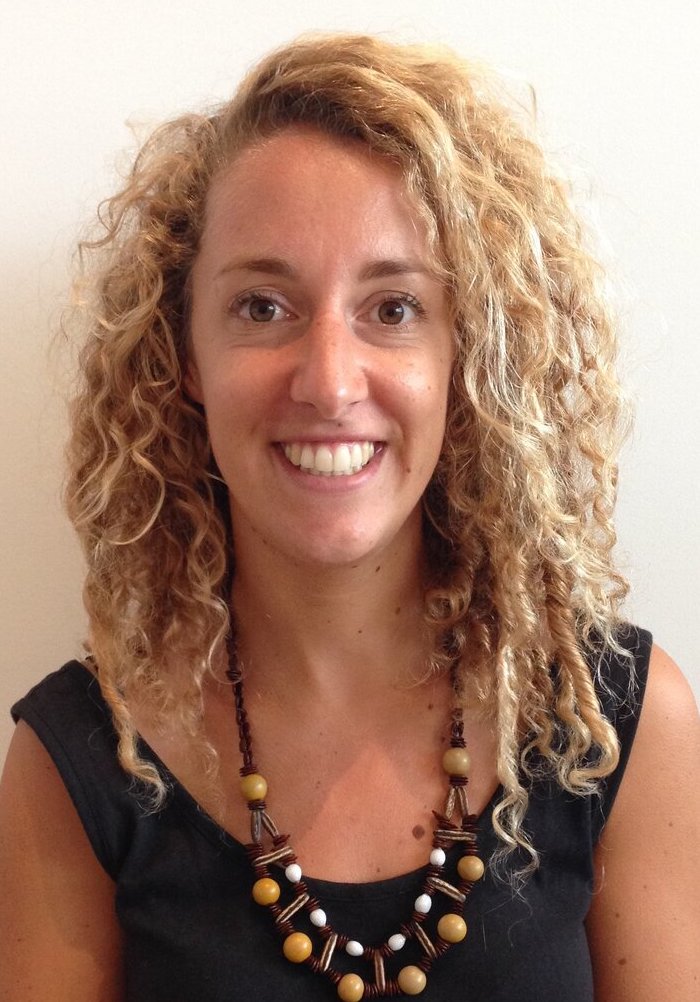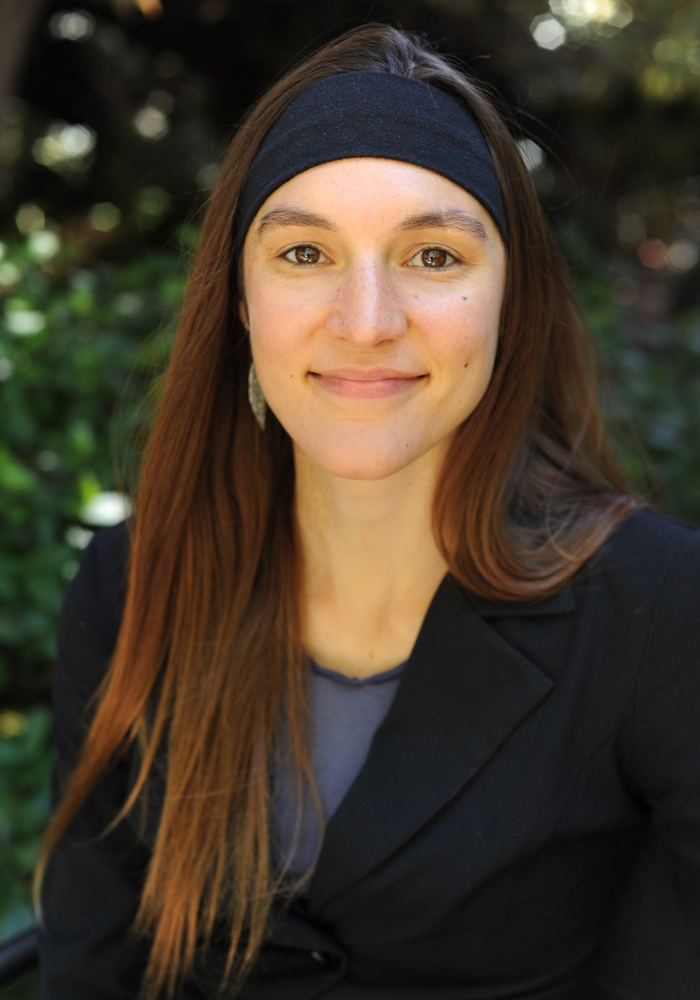Farms and Forests
USDA National Agroforestry Center award a grant to Environmental Studies lecturer and professor to conduct a statewide research and education project on agroforestry farming method.
Silvopasture is the deliberate integration of trees and grazing livestock operations on the same land. These systems are intensively managed for both forest products and forage, providing both short- and long-term income sources.
In California, where rangelands are the predominant agricultural landscape and grazing is the state’s most extensive land use silvopasture holds much potential. However, there is a lack of producer resources about silvopasture that are specific to the climates and challenges of farmers and ranchers in California. Leveraging and synthesizing existing efforts, the proposed project will identify, document, and distribute information about silvopasture systems and producers in California. Recently, Environmental Studies lecturer and owner of Strategy Research Science, Niki Mazaroli, and Environmental Studies assistant professor Liz Carlisle were awarded a grant from the USDA National Agroforestry Center to conduct a statewide research and education project on silvopasture producers in California.
Silvopasture is an approved practice incentivized by the state to help California meet its ambitious climate goals of becoming climate neutral by 2045. The California Department of Food and Agriculture’s (CDFA) Healthy Soils Program – part of California’s Climate Smart Agriculture Program – currently provides grant funding that supports the establishment of silvopasture systems. The interest in silvopasture in the state is further demonstrated by the list of partners that have pledged time to participate in the proposed project.
Mazaroli and Carlisle are in the process of identifying silvopasture producers in California and are collecting data to ensure the producers included in the case studies and video represent the breadth of established silvopasture system models and diversity of producers in the state. Additionally, Mazaroli, Carlisle and their team will create two to four agroforestry scenarios, models for successful silvopasture in California based on current producer efforts.
Their goal is to leverage and synthesize existing efforts within the state to identify, document, and distribute information about existing silvopasture systems and producers in California. Their project will produce novel educational resources and tools, stimulating a dialogue amongst technical assistance providers and producers that will increase the understanding of silvopasture as a key part of promoting the adoption of the practice in California.
Banner image credit: https://drawdownlancaster.org/silvopasture/

Niki Mazaroli
